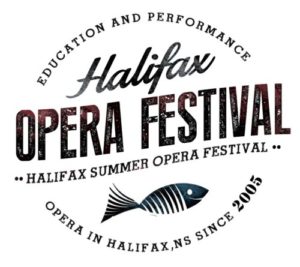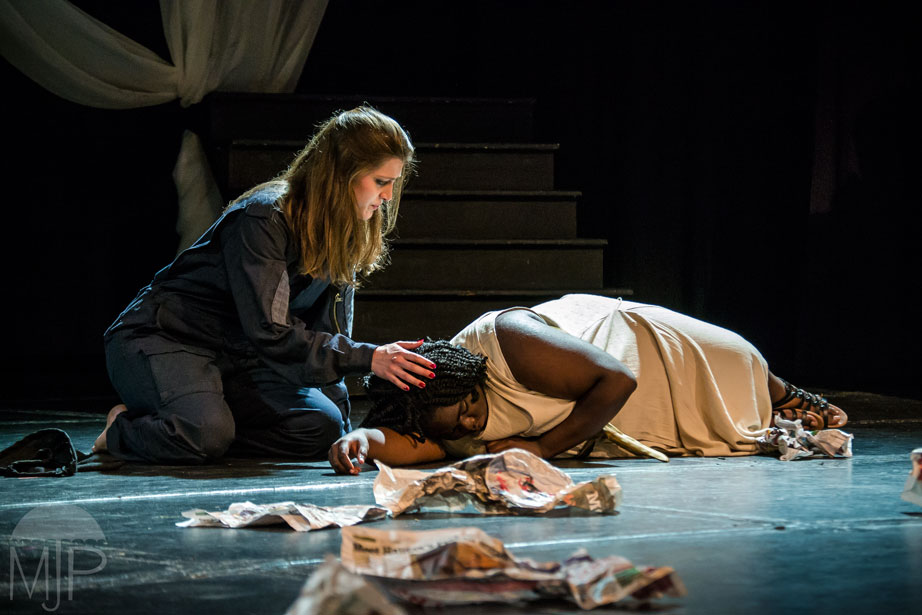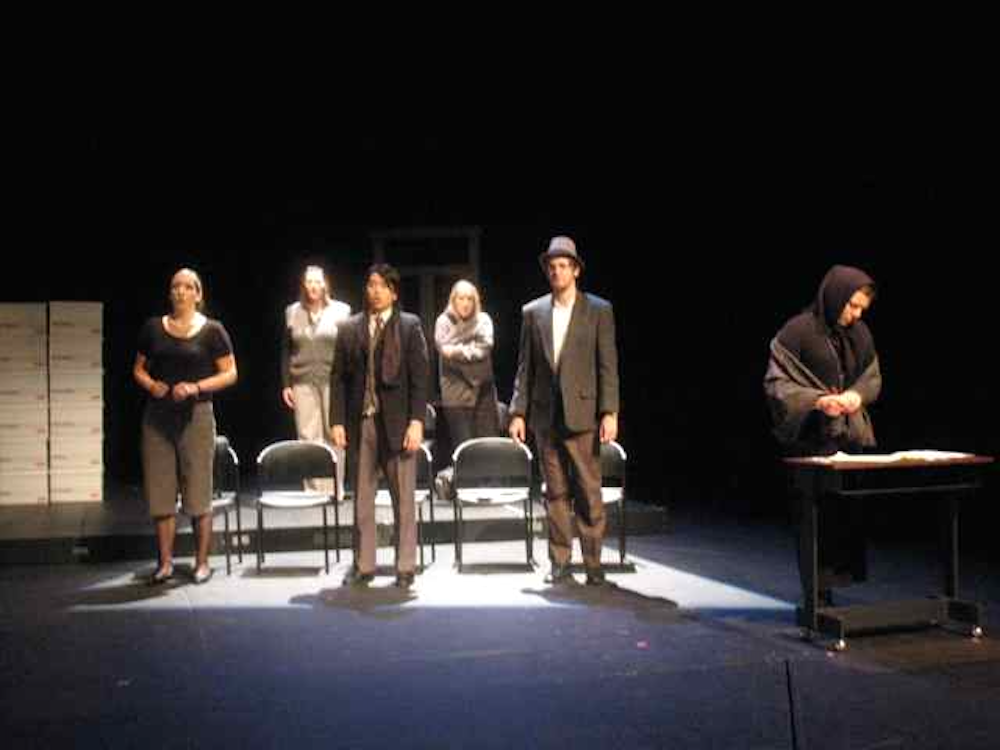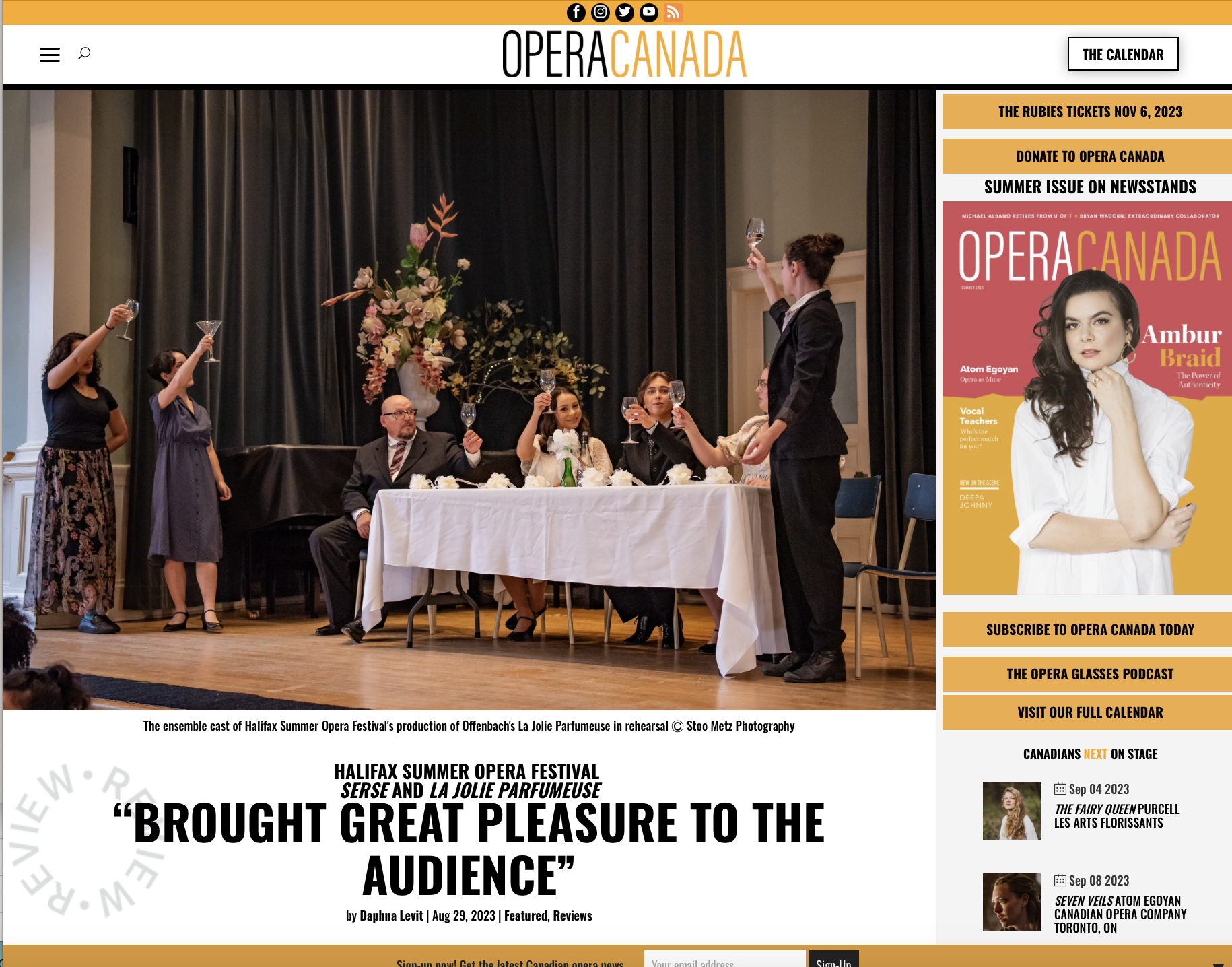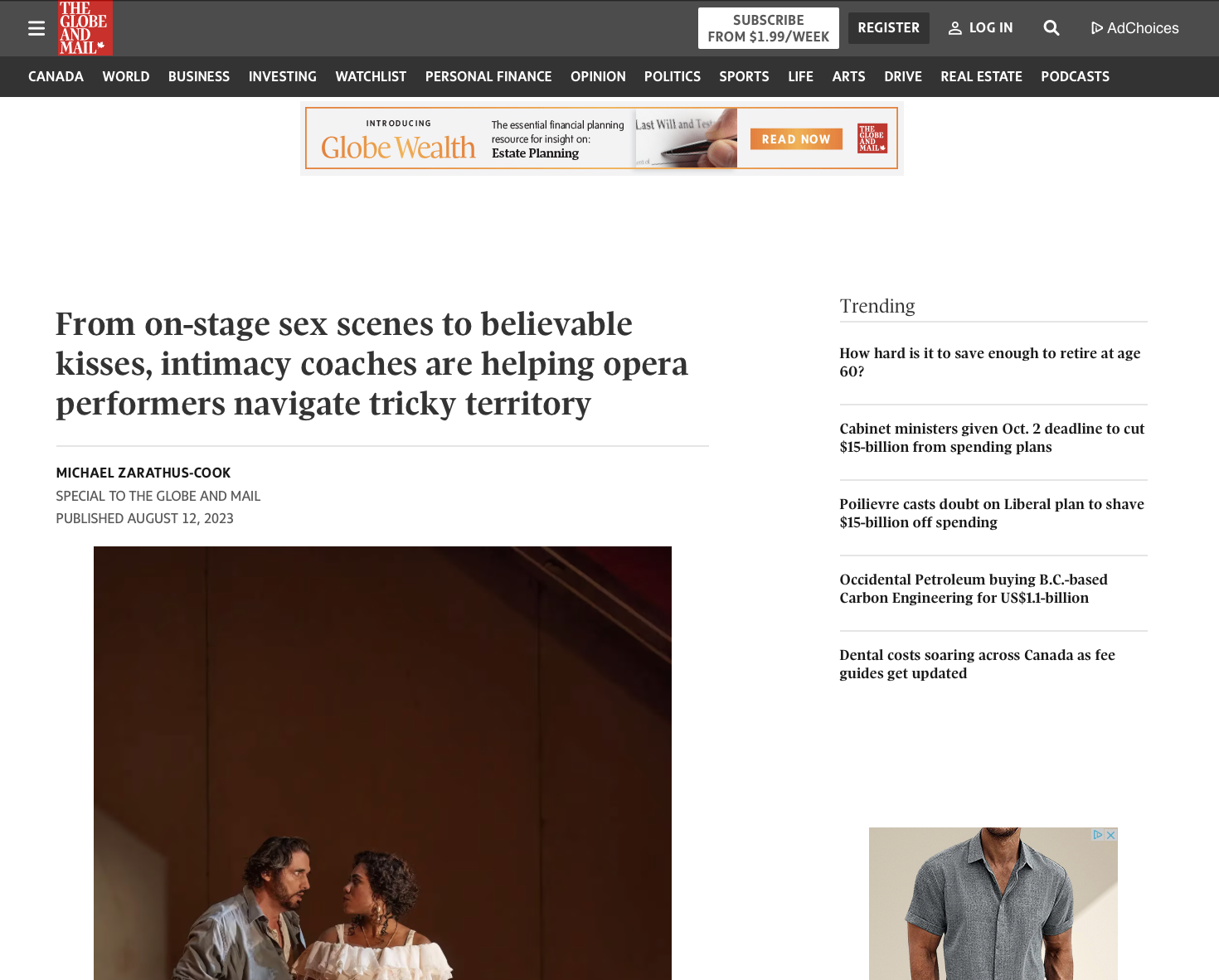Curiale is a mezzo-soprano who was introduced to the musical world though choir in her hometown of London, Ontario. This year, she is part of HSOF playing the role of the Third Lady in The Magic Flute. Find out more about The Magic Flute here:
The Magic Flute (Die Zauberflote) (1791)
[/et_pb_accordion_item][et_pb_accordion_item title=”The 2019 festival” open=”off” open_toggle_text_color=”#707070″ _builder_version=”3.25.4″ title_text_shadow_horizontal_length=”0em” title_text_shadow_vertical_length=”0em” title_text_shadow_blur_strength=”0em” closed_title_text_shadow_horizontal_length=”0em” closed_title_text_shadow_vertical_length=”0em” closed_title_text_shadow_blur_strength=”0em” body_font=”objectivity regular||||||||” body_text_color=”#707070″ body_font_size=”13px” toggle_text_color=”#707070″ toggle_font=”objectivity regular|500|||||||” toggle_font_size=”18px”]
This year, HSOF welcomes over 50 performers from around the world, including many from Nova Scotia and the Maritimes, all of whom underwent competitive auditions. We are excited to introduce Laura Curiale as a performer this summer!
Buy your tickets here:
https://www.tickethalifax.com/54495769/operafestival
[/et_pb_accordion_item][/et_pb_accordion][/et_pb_column][et_pb_column type=”1_2″ _builder_version=”3.25″ custom_padding=”|||” custom_padding__hover=”|||”][et_pb_image src=”http://halifaxsummeroperafestival.com/wp-content/uploads/2019/07/32575975_66050326_Screenshot20190523at7.01.33PM.png” _builder_version=”3.25.4″ border_width_all=”2px” border_color_all=”#707070″ box_shadow_style=”preset3″ animation_style=”fold” animation_direction=”left” animation_duration=”400ms”][/et_pb_image][/et_pb_column][/et_pb_row][et_pb_row column_structure=”1_2,1_2″ _builder_version=”3.25.4″][et_pb_column type=”1_2″ _builder_version=”3.25.4″][et_pb_text _builder_version=”3.25.4″ text_font=”objectivity regular||||||||” text_text_color=”#707070″ text_font_size=”13px”]Q: When did you start studying voice? Where are you studying now?
[/et_pb_text][/et_pb_column][et_pb_column type=”1_2″ _builder_version=”3.25.4″][et_pb_text _builder_version=”3.25.4″ text_font=”objectivity regular||||||||” text_text_color=”#707070″ text_font_size=”13px”]A: “I actually didn’t start studying voice until university. Growing up the only technically training I got was from my Choir. When university came around, I knew I really enjoyed singing but I was to scared to do it in school so I became a pyschology major at Western University. After a hard first year, I decided to audition for the music program. I borrowed the grade eight Royal Conservatory or Music voice book and learned the audition requirements. I found a pianist that would play for my audition and I ended up being accepted. Now I’m going into my fourth year of studying voice Performance at Western University.“
[/et_pb_text][/et_pb_column][/et_pb_row][et_pb_row column_structure=”1_2,1_2″ _builder_version=”3.25.4″][et_pb_column type=”1_2″ _builder_version=”3.25.4″][et_pb_text _builder_version=”3.25.4″ text_font=”objectivity regular||||||||” text_text_color=”#707070″ text_font_size=”13px”]Q: What is the best part about starting a new opera?
[/et_pb_text][/et_pb_column][et_pb_column type=”1_2″ _builder_version=”3.25.4″][et_pb_text _builder_version=”3.25.4″ text_font=”objectivity regular||||||||” text_text_color=”#707070″ text_font_size=”13px”]A: “I always love the first time everyone sings together. Especially since we’ve all spent weeks getting ready separately. That first time singing with everyone and hearing how the voices mesh together and being able to react to each other, it gives me fresh inspiration for the show.”
[/et_pb_text][/et_pb_column][/et_pb_row][et_pb_row column_structure=”1_2,1_2″ _builder_version=”3.25.4″][et_pb_column type=”1_2″ _builder_version=”3.25.4″][et_pb_text _builder_version=”3.25.4″ text_font=”objectivity regular||||||||” text_text_color=”#707070″ text_font_size=”13px”]Q: What has been the most challenging thing about performing or preparing an operatic role for you so far? How are you dealing with it?
[/et_pb_text][/et_pb_column][et_pb_column type=”1_2″ _builder_version=”3.25.4″][et_pb_text _builder_version=”3.25.4″ text_font=”objectivity regular||||||||” text_text_color=”#707070″ text_font_size=”13px”]A: “I think that the most challenging part about preparing an operatic role is remembering that this is all happening within a contextual scene. Especially my role as third lady, I’m mostly finishing other peoples sentences or reacting to somethings that just been said. In preparation, I’m trying to really know what I’m saying and what the others around me are saying to make the exchanges on stage look and feel as natural as possible.”
[/et_pb_text][/et_pb_column][/et_pb_row][et_pb_row column_structure=”1_2,1_2″ _builder_version=”3.25.4″][et_pb_column type=”1_2″ _builder_version=”3.25.4″][et_pb_text _builder_version=”3.25.4″ text_font=”objectivity regular||||||||” text_text_color=”#707070″ text_font_size=”13px”]Q: Which non-operatic artwork or piece of culture or history would you like to see become an opera?
[/et_pb_text][/et_pb_column][et_pb_column type=”1_2″ _builder_version=”3.25.4″][et_pb_text _builder_version=”3.25.4″ text_font=”objectivity regular||||||||” text_text_color=”#707070″ text_font_size=”13px”]A: “I think there are fun ones, like an opera about the Kardashian family could be really fun. But in second year of university, I sang a portion of Michael Tippett’s oratorio, A child of Our Time and, since then, I’ve always thought it would be interesting to see completely fleshed out and staged as an opera. It’s a true story about a young Jewish man in Germany in 1938 who assassinated a German diplomat in protest of how the Jewish population was being treated. The Nazi party used his actions as evidence that the Jewish population was violent and used it as justification to launch Kristallnacht.”
[/et_pb_text][/et_pb_column][/et_pb_row][/et_pb_section]